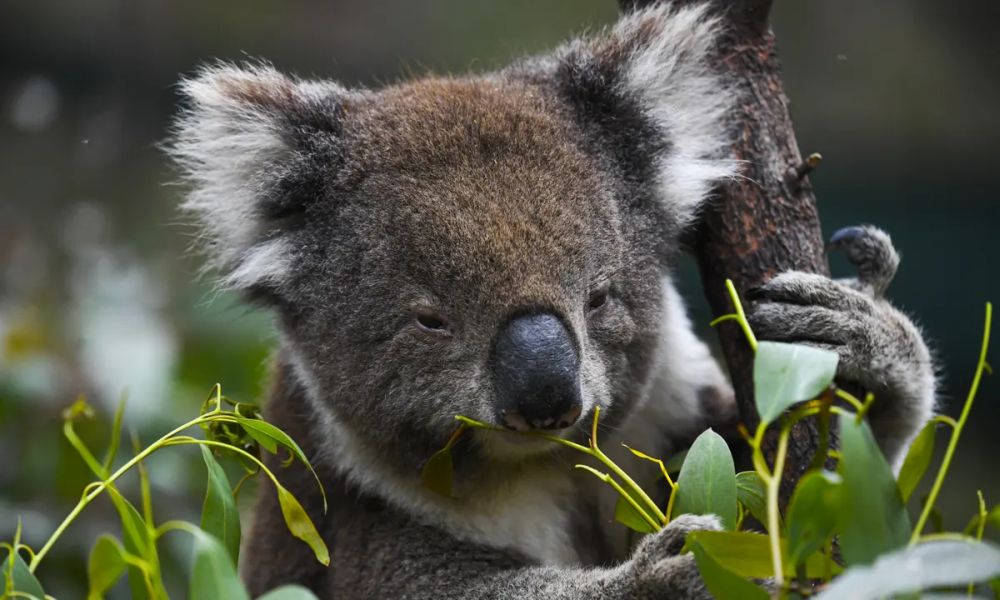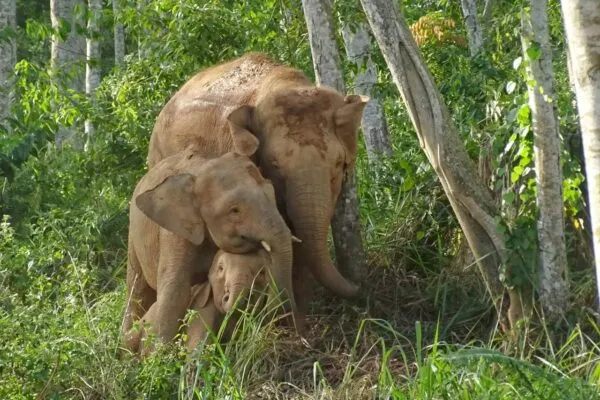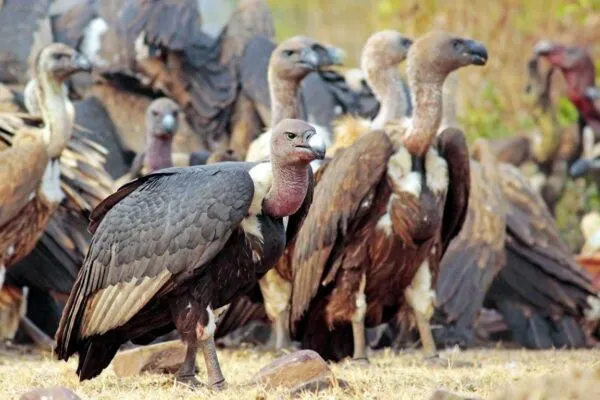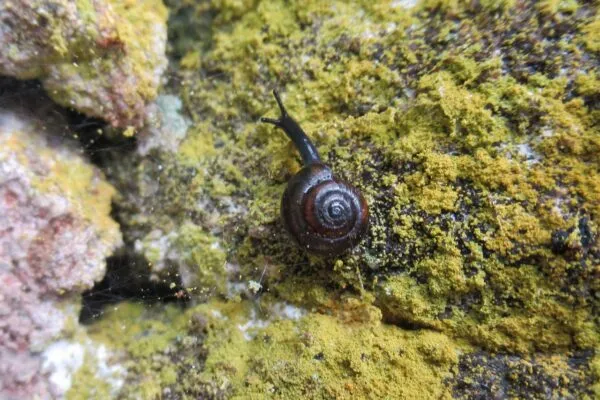Koalas Could be Listed as Endangered in Eastern Australia After Bushfire Destruction
The adorable Aussie marsupials, koalas could be soon listed as endangered in Eastern Australia after bushfires dispersed already struggling species populations and destroyed the habitats.
A federal panel of threatened species experts has recommended the marsupial’s status be upgraded from vulnerable in each of the three jurisdictions. The recommendation was made after the fires ravaged Queensland, New South Wales and the Australian Capital Territory.
According to Joey Sharrad from the International Fund for Animal Welfare,
It confirms our fears koalas are on the road to extinction and need greater protections if they are going to survive into the future. Koalas were living on a knife-edge before the fires with numbers in severe decline due to land clearing, drought, disease, car strikes, and dog attacks. The bushfires were the final straw, hitting at the heart of already struggling koala populations and critical habitat.
Koala populations in New South Wales have decreased between 33 percent and 61 percent since the beginning of the century and at least 6,400 were killed in the Black Summer bushfires. Koalas could be extinct in the region by 2050 unless urgent action is taken.

The adorable koalas could be soon listed as endangered in Eastern Australia after bushfires destroyed populations and habitats | Image: Lukas Coch/AAP
Queensland’s koala populations have declined by 50 percent since 2001 due to deforestation, drought and bushfires. The animal populations in both states, along with those in the Australian Capital Territory, were listed as vulnerable in 2012.
Other ongoing pressures such as land clearing, climate change and deforestation have also inflicted negative effects on the species.
The expert panel has invited public submissions on whether the native animals should have their status shifted from vulnerable to endangered in all three jurisdictions. It will offer its final advice to the federal environment minister by October 30.
Sharrad said that a national koala recovery plan was long overdue. Earlier this year, the Australian government announced a $13.5 million plan to help protect the threatened native animal.
Via: TN Tribune


